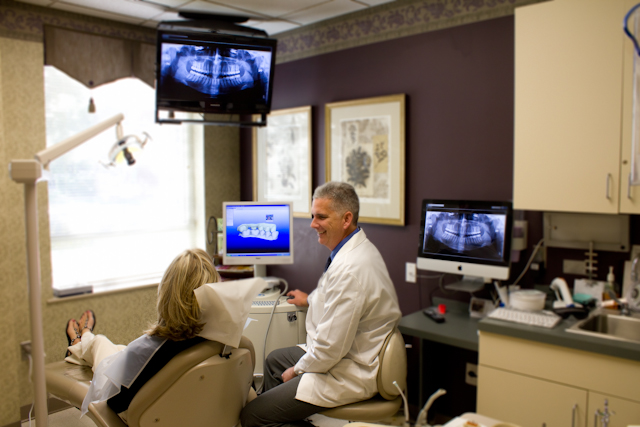
With many researchers now stating there is a close connection between oral health and overall health, it should come as no surprise that dental decay can form as a result of problems that occur in your gut, heart, brain, and other areas. If you’re taking prescription or over-the-counter medications for treatment, these, too, can negatively impact the look and health of your smile. While you may be unable to change or eliminate your medicines, read on to discover what you can do to prevent worsening dental problems.
Which Medications Can Impact Your Smile?
Whether you’re living with high blood pressure, diabetes, a serious cold, or chronic pain, there is a good chance you are taking medication to try and maintain a healthy way of life. But did you know the ingredients found in these medicines not only target the specific problem you’re experiencing but can also leave a lasting impact on your oral cavity?
Should you notice problems occurring with your teeth, gums, or breath, you’ll want to talk to your physician and dentist in Millersville, MD, about what you can do.
Some of the most common medicines that lead to dental decay include:
- Aspirin – As an over-the-counter pain reliever, aspirin can help reduce the risk of a heart attack; however, you may also experience oral sores and bleeding gums.
- Antihistamines – Nasal decongestants are the most common and can target cases of sinus pressure. When trying to breathe freely, you may turn to one of these available medications, but you should know it may result in a lack of saliva production and ultimately, tooth decay.
- Medications to suppress the immune system – These are often prescribed for autoimmune disorders or following transplant surgery, but can cause an overgrowth of gum tissue, which can lead to tooth decay and gum disease.
- Chemotherapy – Medicines designed to treat cancer patients can be lifesaving, but they can also cause increased inflammation inside the mouth and tooth decay.
Ways to Maintain Good Oral and Overall Health
When dealing with a health-related problem that requires regular and frequent treatment, you simply cannot stop taking medication that is designed to ensure a longer, healthier life. However, there are things you can do to minimize your risk of dental decay, such as:
- Be diligent in brushing your teeth twice a day and flossing at least once daily to remove any bad bacteria or food particles.
- If allowed, take your medications while eating breakfast, lunch, or dinner. This will help lower the possibility of your teeth and gums being impacted by the contents of your medicine.
- Continue to see your dentist every six months for regular dental checkups and cleanings, as this will help to catch problems early on and avoid more serious and complex dental treatment later on.
Dental decay can be a serious problem if left untreated, but the truth is that it doesn’t have to occur at all when taking the right precautions. Talk to your dentist today about tips you can use to minimize your risk while also taking care of your health and wellbeing.
About the McCarl Dental Group at Shipley’s Choice
Are you looking for a qualified dental group to take care of your oral healthcare needs? At McCarl Dental Group at Shipley’s Choice, we have three expert dental professionals who have years of experience and are committed to learning more about the field through continuing education. Offering comprehensive services designed to improve smiles and ensure optimal oral health, patients can trust us to repair, rebuild, and restore smiles of all types. If you’re looking for a place to call home for all your oral healthcare needs, visit our website or call our dental office today at (410) 987-8800.
